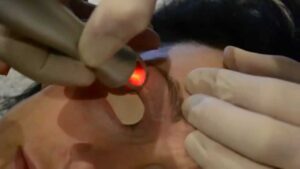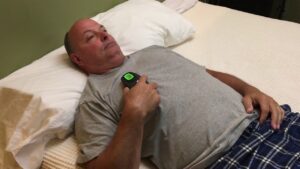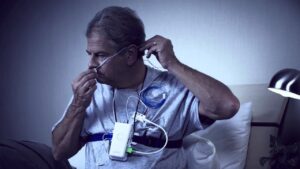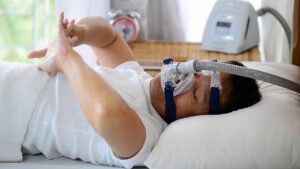How to prevent sleep apnea?
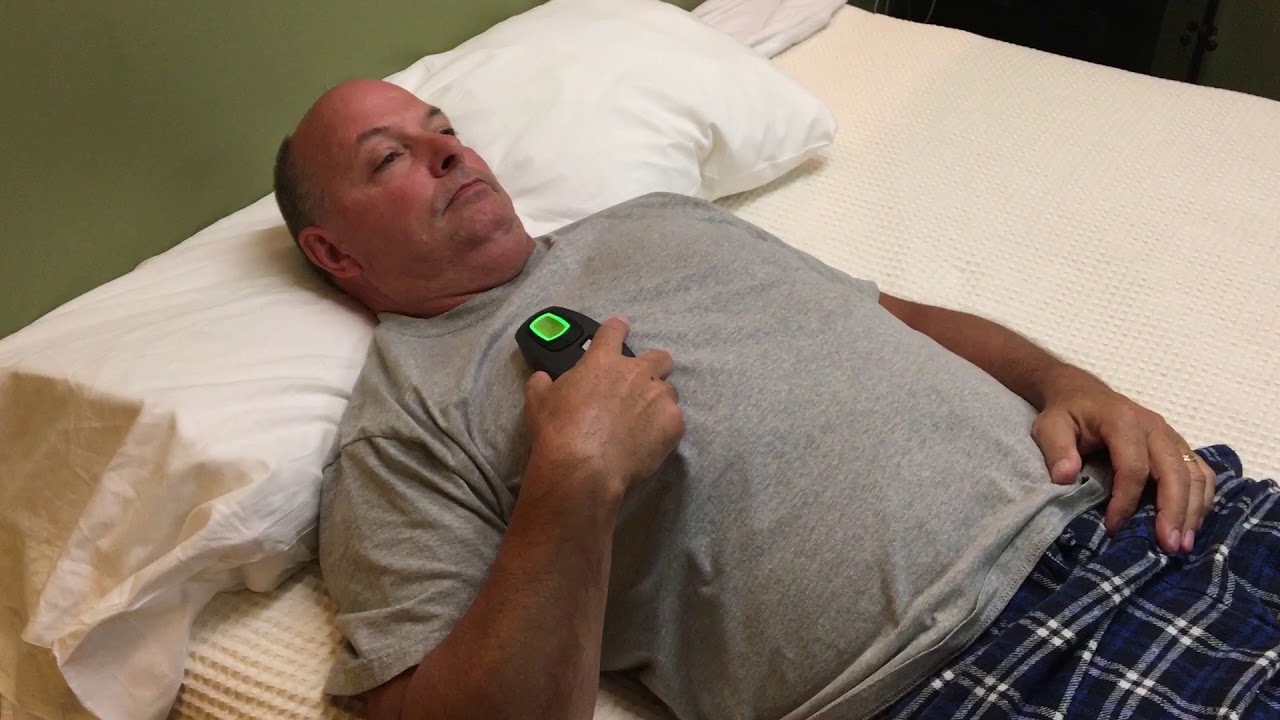
If you are wondering how to prevent sleep apneia, you are not alone. If you are overweight, you might be at a greater risk of this condition. In addition to the lifestyle changes listed below, you can ask your doctor for recommendations on diet and exercise. These recommendations might include limiting alcohol and smoking and following a heart-healthy diet. Sleeping on your side is also recommended, as this position is more comfortable for the upper airway.
Avoid drinking alcohol
While alcohol consumption may seem harmless, drinking while asleep can have serious consequences. It disrupts the body’s circadian rhythm, the process by which the body releases hormones at particular times of the day. Alcohol can cause this circadian rhythm to break down, causing people with sleep apnea to wake up frequently during the night. Even worse, alcohol may cause an individual’s sleep cycle to get disrupted, leading to snoring and obstructive sleep apnea.
A study found that men who drink alcohol during the night were significantly more likely to have sleep apnea. The increase in apnea index events was associated with every additional drink consumed. While this positive correlation was found among men with mild sleep apnea, the association was not present in women. Further, alcohol consumption before bed was not associated with a higher risk of mild sleep apnea.
Drinking alcohol can worsen the symptoms of sleep apnea. It relaxes airway muscles and makes it difficult for individuals to wake up when they stop breathing. Alcohol also causes people to stop breathing for long periods of time, making them experience heightened fatigue and more intense hangover symptoms. As a result, it’s important to avoid drinking alcohol to prevent sleep apnea and the associated symptoms.
Alcohol is a major contributor to sleep apnea. It can lower oxygen saturation in the blood and lead to dangerous effects in the body. It can also damage the heart and brain, which means that it’s best to avoid alcohol as a preventative measure. Moreover, drinking alcohol while you’re trying to prevent sleep apnea is not worth the risk.
Avoid smoking
If you’re suffering from sleep apnea, you probably know that smoking is one of the top causes of OSA. Besides affecting your throat and lungs, smoking also makes it more likely for you to snore. But how do you quit smoking? There are several things you can do to prevent OSA and its associated complications, including quitting smoking. Keep reading to learn about some of the best strategies for quitting smoking and living a healthy life.
Despite being proven harmful to your health, cigarette smoking is one of the most addictive and dangerous habits you can have. In fact, smoking is directly linked to the onset of OSA. Smokers are 2.5 times more likely to develop OSA than non-smokers. It’s not just the smell, but the fact that smoking irritates the airways makes them smaller, making them less open. Besides that, smoking also causes inflammation, which makes the airway narrower and makes breathing more difficult. And smoking contains nicotine, which stimulates the muscles of the upper airway, which can make breathing irregular.
It’s important to understand that both smoking and sleep apnea are harmful to your overall health. Not only can smoking interfere with sleep, it can also cause strokes, heart attacks, and even cancer. Since both of these conditions are linked to reduced sleep, avoiding smoking is critical to ensuring an effective treatment. Smoking can also cause significant delays in the treatment of sleep apnea and is often accompanied by other health problems.
While smoking is a good way to relax before bed, it can also affect your sleep quality. Smoking irritates the airway, leading to an increased chance of snoring and disturbed sleep. Nicotine, in particular, can disrupt your sleep cycle and can cause short-lived nocturnal wakings. To prevent obstructive sleep apnea, stop smoking altogether.
Sleep on your side
For those who snore, sleeping on your side can be beneficial. Propping yourself up with pillows can help prevent shifting to the back, and you can also use a tennis ball tucked into your T-shirt to keep from rolling over while you sleep. Positioners, such as the Night Shift, are also available. They are made of memory-foam and can be adjusted for different people’s preferences and bodies.
If you suspect you have sleep apnea, it is important to visit your doctor. A simple, noninvasive sleep study can determine whether you have this disorder. While the risk of developing OSA is extremely low, you should seek treatment for a number of different conditions. If you have a history of sleep apnea, you may need a CPAP machine. If the problem persists, you may need a new pillow.
Many health experts recommend sleeping on your side to reduce the risk of suffering from sleep apnea. The position improves spinal alignment and can decrease snoring, back pain, and heartburn. However, it is important to know the proper way to sleep so that it does not cause any harm. If you are prone to snoring, sleeping on your side may be the best option for you.
In addition to reducing the risk of sleep apnea, sleeping on your side may also reduce the effects of acid reflux, which contributes to apnea. The proper pillow can help prevent these effects by keeping the airway open. But, if you have acid reflux, you should consult with your doctor first before sleeping on your side. If you’re concerned that the position of your pillow is affecting your sleeping condition, consider a body pillow or countered side pillow.
Avoid sleeping on your back
While sleeping on your back can be comfortable, this position can also exacerbate the problems associated with sleep apnea. When you lie on your back, your tongue can fall back into the throat, pressing against the airway. In addition, body fat can also cause blockages in the airway, so it’s best to avoid sleeping on your back. Several methods can help you avoid sleeping on your back, including using a tennis ball on your back and rolled-up socks.
While snoring may be the first sign of OSA, the symptoms of OSA aren’t always so obvious. If you find yourself constantly tired and irritable during the day, you may have OSA. To test whether you have this condition, you should see a doctor and undergo a simple, non-invasive sleep study. You may even notice a rise in your mood or concentration, which can be symptoms of a sleep disorder.
Changing your sleeping position can be helpful for many reasons, including preventing snoring and preventing facial lines. However, back sleeping is considered one of the worst positions for people with sleep apnea, as gravity increases the chances of your throat collapsing during the night. Additionally, sleeping on your back can worsen snoring, which is why it’s so important to switch to a side-sleeping position. For this reason, you should consider getting a side-sleeping pillow or tape a tennis ball under your head.
Another way to avoid snoring is to change your sleeping position. Most people prefer sleeping on their sides, but if snoring is your problem, you should try to sleep on your side. You may even find sleeping on your side easier than sleeping on your back. Aside from that, you might notice an improvement in your sleep quality after changing your sleeping position. It may even be helpful if you’re overweight or have sleep apnea.
Avoid sleeping on your stomach
If you’re suffering from sleep apnea, you’ve probably heard to avoid sleeping on your stomach. This is because sleeping on your stomach can narrow your airway. Sleeping on your side is best for your airway, since gravity pulls your tongue and soft tissue forward and away from the back of the throat. Sleeping on your stomach also puts unnecessary strain on your neck.
The most common reason for this is that it reduces strain on your neck, spine, and head. In addition, studies show that back sleepers tend to snore more. If you have any snoring problems, try sleeping on your side instead. Sleeping on your stomach is not good for people with sleep apnea because you can fall back while asleep, narrowing your airway.
Back sleeping helps your spinal alignment and prevents creases in your face due to the pillowcase. However, this is also the worst position to prevent sleep apnea because gravity increases the chances of your throat collapsing during sleep. Back sleeping is also known to make snoring worse, so if you sleep on your back, consider investing in a side-sleeping pillow or tape a tennis ball under your neck.
Sleeping on your side also has several benefits. The weight of your body is evenly distributed in this position, preventing acid reflux and indigestion. It is also recommended for people who are prone to back pain. Side sleeping may be a little difficult at first, but you can train yourself to stay in this position with a good pillow. You can also try using a body pillow to prevent your stomach from rolling and snoring while sleeping.
